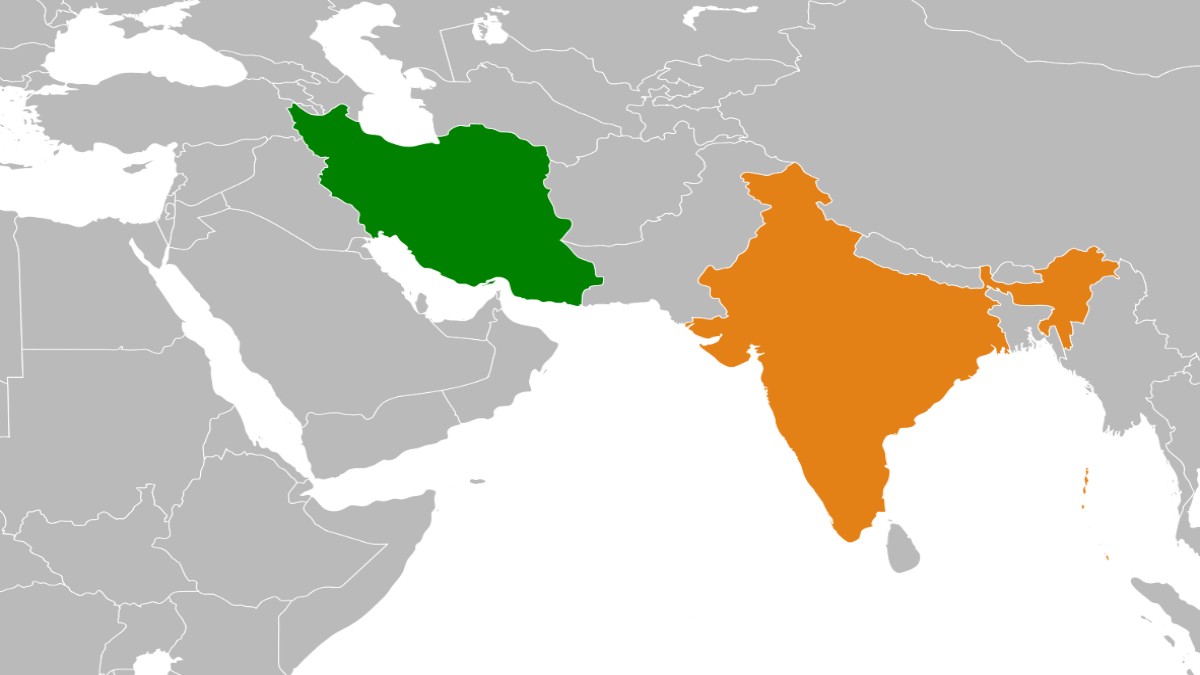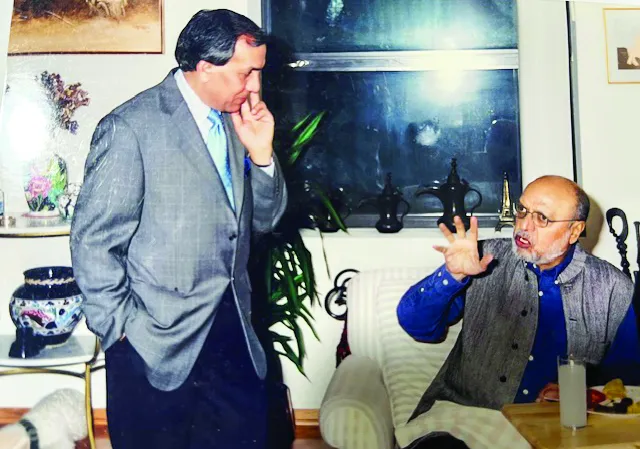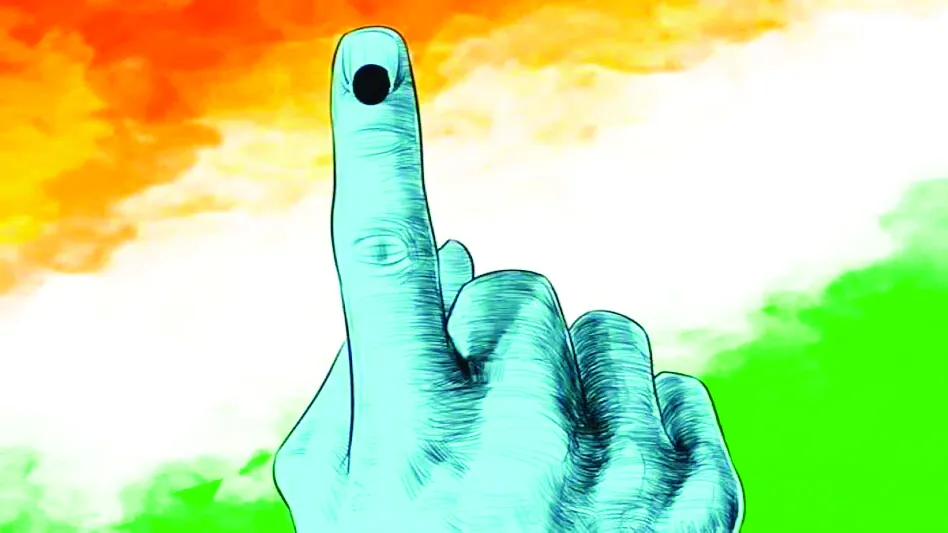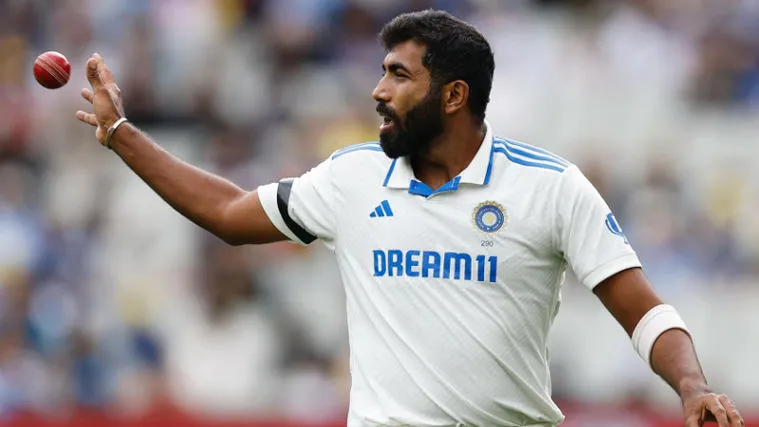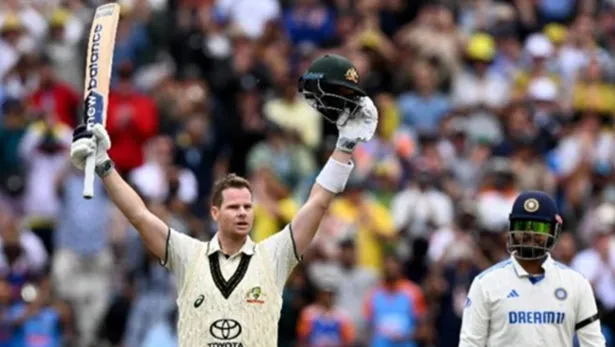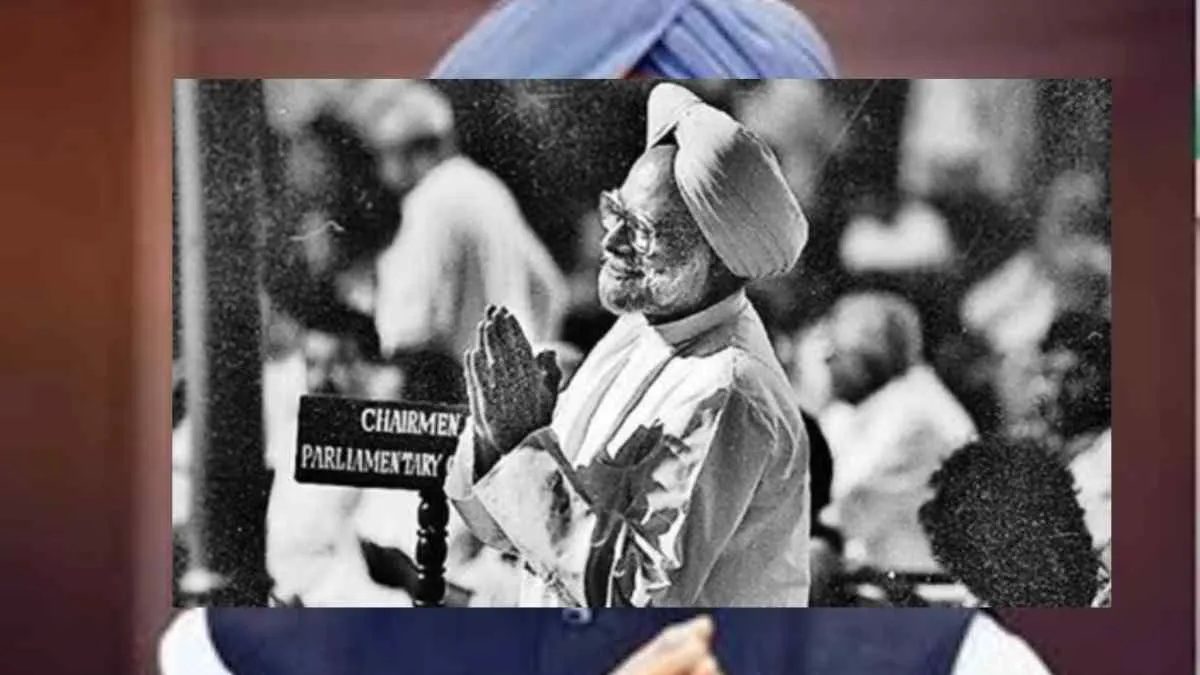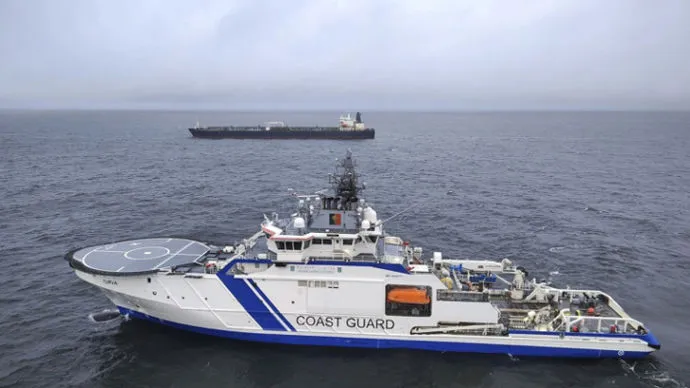Nearly a month after Iran’s Foreign Minister Hossein Amir-Abdollahian visited India, Foreign Secretary Vinay Kwatra on Tuesday (5 July) spoke to Ali Bagheri Kani, the Deputy Minister of Political Affairs in the Iranian foreign ministry. They discussed various elements of bilateral relations including progress on the Chabahar port. Similarly, Iranian Deputy Foreign Minister for Economic Diplomacy Mehdi Safari also visited India just days after Hossein’s meeting with S. Jaishankar in New Delhi last month. What is noteworthy is that all these engagements between the Iranian and Indian ministers, in fact, reaffirm the resolve of the two sides to strengthen ties, which is a welcome development that New Delhi has been keenly waiting for. Undeniably, New Delhi-Tehran relations have witnessed several phases of ups and downs in the past due to various factors, with some of them being stoppage of oil imports from Iran owing to US sanctions, progress in Chabahar and Iranian comments on Kashmir over the past few years. Meanwhile, China’s consistent effort to ramp up strategic ties with Iran has always been a cause of concern for India. Beijing and Tehran also signed a 25-year strategic partnership agreement. In view of the strategic importance of relations with Iran, India has been making attempts to reset ties with Tehran. In fact, Jaishankar’s visit to Tehran to attend the swearing-in ceremony of Iranian President Ebrahim Raisi last year was seen as a significant development in terms of attempts by both sides to reset ties. During 2021-22, there was an intensification in bilateral engagement. Jaishankar visited Tehran twice and held constructive meetings with the Iranian leadership.
So, the developments in the past few weeks in New Delhi amply suggest that India-Iran ties are back on the right track, and are, for that matter, ready to enter a more glorious phase of bilateral relationship. After External Affairs Minister S. Jaishankar’s interactions with his Iranian counterpart Hossein Amir-Abdollahian last month, Kwatra’s telephonic talks with the Iranian Dy Foreign Minister Kani two days back underlined India’s intention to fast-track all the processes related to various projects that will give a huge momentum to New Delhi-Tehran strategic ties. That Kwatra-Kani focused on the Chabahar project, the situation in Afghanistan and ways to address common challenges in the region is being viewed in this particular context. “The foreign secretary underscored India’s commitment to strengthen bilateral cooperation with Iran in addressing shared opportunities and challenges,” the Ministry of External Affairs said, adding that other regional and international issues were also discussed between Foreign Secretary Kwatra and the Iranian Minister. Obviously, the FS must have referred to the Chinese move to expand its footprint in Iran.
Iran has been a key country for India in the Gulf region. These meetings and interactions, therefore, acquired significance in view of India’s ongoing diplomatic campaign to placate the Gulf and other Islamic countries, which have been upset over the Prophet row. What was a positive development was that the Iranian Foreign Minister did not raise the Prophet row during his meetings with PM Modi and Jaishankar. He was satisfied with the action taken by the Government of India in this case. The Dy Foreign Minister also did not raise the “Prophet row” during his telephonic talks with Kwatra. This will definitely be a message for the other Gulf countries which now apparently seek to rebuild their ties with India. The message is that the controversy should not be allowed to overshadow the diplomatic engagements between India and the Islamic nations.
The growing India-Iran ties will also be good for New Delhi’s future course of diplomatic action in Taliban-ruled Afghanistan. India and Iran reportedly discussed the situation in Afghanistan where New Delhi is keen to protect its projects and other interests. In what augurs well for India, the two nations are reported to have decided to work together in Afghanistan. India has been in touch with Iran over the developments in Afghanistan following its takeover by the Taliban on August 15 last year. Iran and India have collaborated already in the past on Afghanistan. What is a welcome development is that the two countries will forge a common and effective policy of engagement with Afghanistan.
Iran is also important to India as it provides an alternate route of connectivity to Afghanistan and Central Asian republics, in the absence of permission for India to use the land route through Pakistan. To this end, India and Iran have discussed further operationalising the Chabahar port which is close to Gwadar port in Pakistan which is being developed by China as part of its China-Pakistan Economic Corridor that links it to the Indian Ocean through BRI. New Delhi should also keep this fact in mind while working on what will strengthen strategic ties with Tehran.

